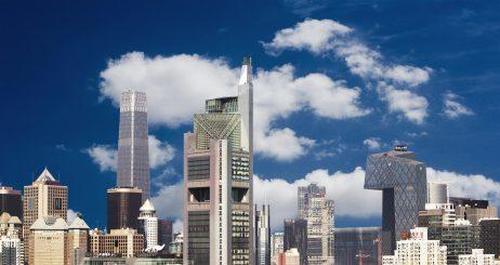A new Beijing Stock Exchange was announced by Xi Jinping at the Global Trade In Services Summit in Beijing last Thursday.

Xi said the exchange would "deepen reform of the New Third Board," referring to the existing financing mechanism in Beijing for Small and Medium-Sized Enterprises (SMEs). SMEs are firms with fewer than 500 employees. Traditionally they have struggled in comparison with larger companies to acquire loans from banks. The new stock exchange appears designed in part to make redress for that by connecting SMEs with retail investors. It comes against the backdrop of increased regulatory scrutiny of some of China's largest existing publicly traded firms.
China has curtailed the power of big tech companies with moves such as blocking ride-hailing firm Didi from app stores in July over data privacy issues and fining other e-commerce platforms including Alibaba over alleged monopolistic business practices.
Xi made explicit that the beneficiaries of the new stock exchange are to be firms cut from a different cloth from these tech giants whose fortunes have cooled recently. "Service-oriented, innovative SMEs" are to be supported, according to Xi's announcement.
Many experts believe China is – or should be – seeking to use its SME support policy to replicate aspects of Germany's Mittelstand or "Rhineland capitalism," which is defined by networks of highly specialized firms contributing to the supply chains of world-leading advanced industrial products.
"In the eyes of Chinese people, 'Made in Germany' represents high quality products. 'Made in China' should learn from 'Made in Germany,'" stated an editorial on China Economic Net earlier this week, republished in The Paper.
Some observers believe, however, that supporting SMEs is only part of the picture when it comes to the Beijing Stock Exchange's creation.
Cynics speculate that the move foreshadows encouraging – or coercing – major firms that are currently listed outside mainland China to return.
"As for Ali, Didi and Tencent, these giants will inevitably have to return to Beijing to be listed on the Beijing Stock Exchange," predicted finance-focused YouTuber Xiaocui. In the case of Didi at least, there are some indications that this process has already started.
Bloomberg reported on Friday that Beijing's city government had made a bid for a controlling stake in the rideshare firm, which is listed on the New York Stock Exchange, citing unnamed people familiar with the matter.
Didi flew in the face of regulators' instructions by pushing ahead with an IPO on June 30 this year, coinciding with the centenary celebrations of the Chinese Communist Party. It was punished four days later on July 4 by the Cybersecurity Agency, which banned it from Chinese app stores citing concerns over users' data privacy.
"The nationalization of Didi would mean cutting American investors out," said New York-based politics and finance-focused YouTuber Zhang Tianliang. He believes the setting up of the new exchange in the capital heralds more moves against businesses founded by private entrepreneurs.
"If big companies are delisted in the United States and relisted in China, on the Shanghai or Shenzhen exchanges, the volatility caused to those existing exchanges will be too great. But on a new stock exchange that is not an issue," Zhang said.
"Beyond spreading the risks of financing SMEs … the exchange in Beijing will help with repatriating tech companies with minimal disruption."
Commenti
Posta un commento